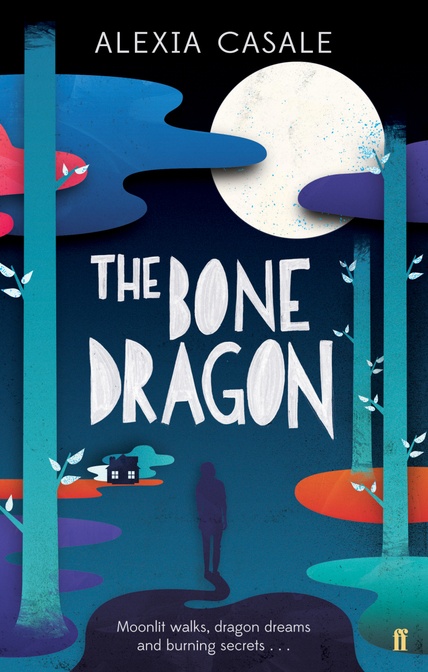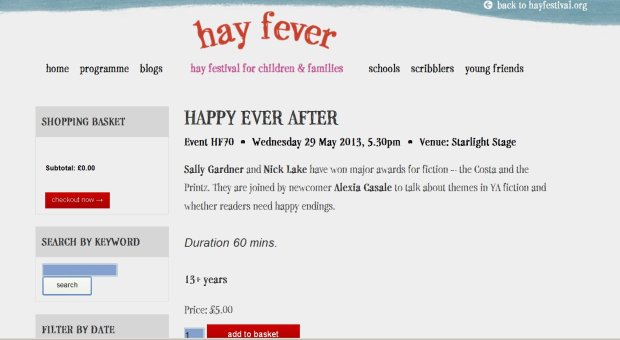First some good news! I am so honoured that the amazing Suzi Feay has picked me as one of her top four up-and-coming women writers. Read the full article here. Suzi will be on two fantastic panel discussions ‘On Reading Women’ (at the British Museum, Saturday 8th March 3.30-4.30opm: find out more here) and ‘Celebrating Women Writers’ (Working Men’s College, London, Thursday 13th March, 7pm: find out more here).
I was planning a post about reading women writers anyway, so here it is!
Now that people can start calling themselves feminists again without everyone assuming that they subscribe to any of the sillier brands of academic feminist theory (a legitimate worry if, like me, you’ve ever worked in academia), we can get back to the business at hand: recognising that although things have moved forward men and women are not yet equal in the world and we must continue to strive to make it so.
But please let’s do it without every second word being ‘phallocentric’ or every phrase involving a ‘binary opposition’ that ‘essentialises’ something. We don’t have to induce a mass headache to make an important point.
‘So what’s the relevance to reading?’ you may ask. ‘Is this going to be just another article moaning about how men get more press coverage, and more reviews are written by men about men, and men are selected more often for prizes and…’ The fact that all this is still true means it’s worth repeating, but it’s not really what I want to talk about today. I want to talk about how all this relates to reading habits.
Another thing the statistics show is that while women make up the majority of fiction readers, they read books by both sexes (and, yes, I’m leaving aside the debate about whether there is, indeed, a simple ‘binary opposition’ between sexes) while men tend to read books by other men.
I mostly read books by women for one simple reason: what I read about books by women (in blurbs, in articles, on Twitter, in blog-posts, and in reviews) tends to make me want to read these books, whereas I quite often don’t like the sound of books by men as much. Also my experience is that, as a rule, I’m more likely to enjoy books by women. However, of my favourite-ever books, quite a few are by men while I’ve read plenty of shockingly dire books by women. I would never not read a book because it was by a man. And I would never not read about a book by a man. I set myself up to read and to like books by men as much as those by women.
It’s probably worth saying here that I quite often ignore the author’s name entirely. I’m dyslexic and I find it very hard to read names I don’t know. I once nearly failed a maths exam because I couldn’t tell if Michael was the name pronounced ‘mi-kal’ or the name pronounced ‘mi-shell’. When I don’t recognise a name, I quite often skim over it – for entire books if necessary. Until someone explained that ‘Her-mee-OWN-ee’ was actually the much more attractive ‘Her-MY-oh-nee’, she was just ‘H’. So for about three Harry Potter books…
I tend to focus on titles rather than author names because names are hard for me and, usually, I don’t think they’re worth the trouble. It’s what’s inside the book, not on the cover, that I really care about. If the author’s initials are given, I rarely try to find out if the book in my hands is by a man or woman. In general, the only reason I ever know is that I read the author’s bio and the acknowledgements before starting a book, and that quite often gives the game away. But the point is that it doesn’t matter to me. Other things have drawn me to the book and it’s only after the fact that I realise that, yes, my reading ratio is 75:25, give or take, in favour of women writers.
But what if you’re the type of person who does look at the author’s name when you pick up a book, beyond pure brand-recognition? Maybe there’s something to be said for making an effort, at least for a while, to go 50:50 on your reading habits… and see if you’re still reading as many books you like as before.
The question I’m left with is this: do men read fewer books by women because they don’t tend to enjoy books by women as much, as a rule, as those by men or are they dismissing these books out of hand? I’d really like to know the answer to that question.
There’s a lot to be said for the idea that men and women experience the world differently. Perhaps it’s purely because of the way we’re socialised and the social expectations we live with: I think women expect to be called on to a different extent by a wider-range of people needing a wider-range of things than most men – and, in general, we seem to feel more bound to answer these calls. Of course men have to be different things to different people in their relationships too – some more than others – but I think this is more so for most women. As a result, I quite often find that in books by men the characters seem to lack a normal degree of connectedness with other characters and people in the world of the book: this makes them come across to me as rather odd and asocial (even when they’re clearly not meant to be), cardboard cut-outs driven only by internal motivations rather than also by a web of relationships that mean they need to be different people at different times.
The other key thing I find missing in a lot of books written by men is a sense of how being a woman shapes your life. Most female characters in books by men don’t seem to do things like look into the wardrobe and think ‘Oh, I’d love to wear that’ and then feel they have to decide not to because (a) it’s likely that at some point during the day a man will say something sexually aggressive if not actively try to touch them (and, true, it’s not fair but if it’s avoidable better to avoid it), and (b) because various people will turn up their noses at a little exposed flesh below the neck or above the knee. I quite often do my shopping now in the frumpiest, scruffiest outfit I can find because I am so very sick of men breathing down my neck in queues when I wear, say, shorts and a tank-top or finding excuses to touch me (and, yes, it’s mostly on the arm but it’s still unnecessary, unwanted touching as if I shouldn’t have the right to dictate ALL the touching that involves my own body). Being a woman shapes a lot of what I do, largely because men make it so… and that’s what’s missing from a lot of books by men. It’s not about anger or taking a feminist position or decrying sexism, it’s about the fact that actually women do pay a price for being women pretty much whenever they leave the house. And often in the home too. And that’s not because of all men being beasts all the time, but enough of them are beastly enough quite a lot of the time that it has a real impact on what life is like.
Of course I don’t have any experience of being a man, but it seems to me that men, as a rule, are less aware of being male – with the exception of when something challenges their ‘manhood’ (the physical or socially-constructed version). But maybe that’s not so: I’ve never been a man, so feel free to tell me otherwise.
What I do know is that the people who inhabit a lot of books by men often don’t feel real to me the way that characters in books by women tend to, mostly because in books by men characters often don’t seem to be as intimately connected to a web of people – friends, family, colleagues, acquaintances – as I and most of the women I know are. That’s at the heart of why I tend to like books by women more: the relationships feel more rounded, more interesting, more recognisable as human relationships… and that’s one of the things I’m most interested in when I read: the people and the way they relate to each other.
So here’s the heart of what I’m trying to say… If you don’t pay attention to whether you read men or women writers, but have a tendency to like books by one sex more than the other, then it’s fair enough to have a reading ratio that tilts one way or the other. But if you basically don’t read books by one sex, how could you possibly know? Isn’t it worth making an effort to balance your reading stats, unless you’re truly ‘blind’ to what an author’s name implies about their sex?
Isn’t it always worth being open-minded enough to leave room in your reading for both men and women writers?








